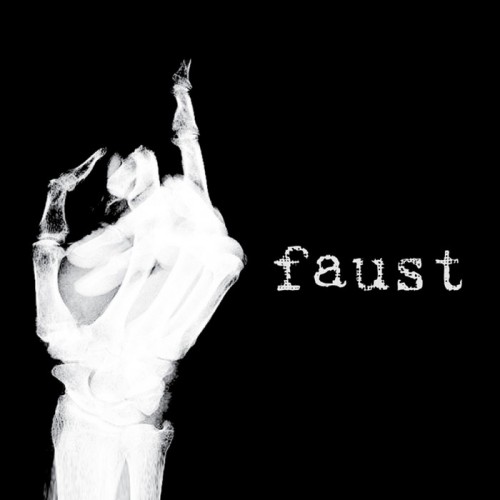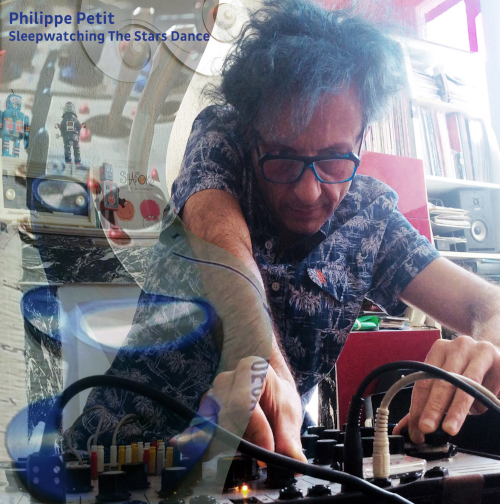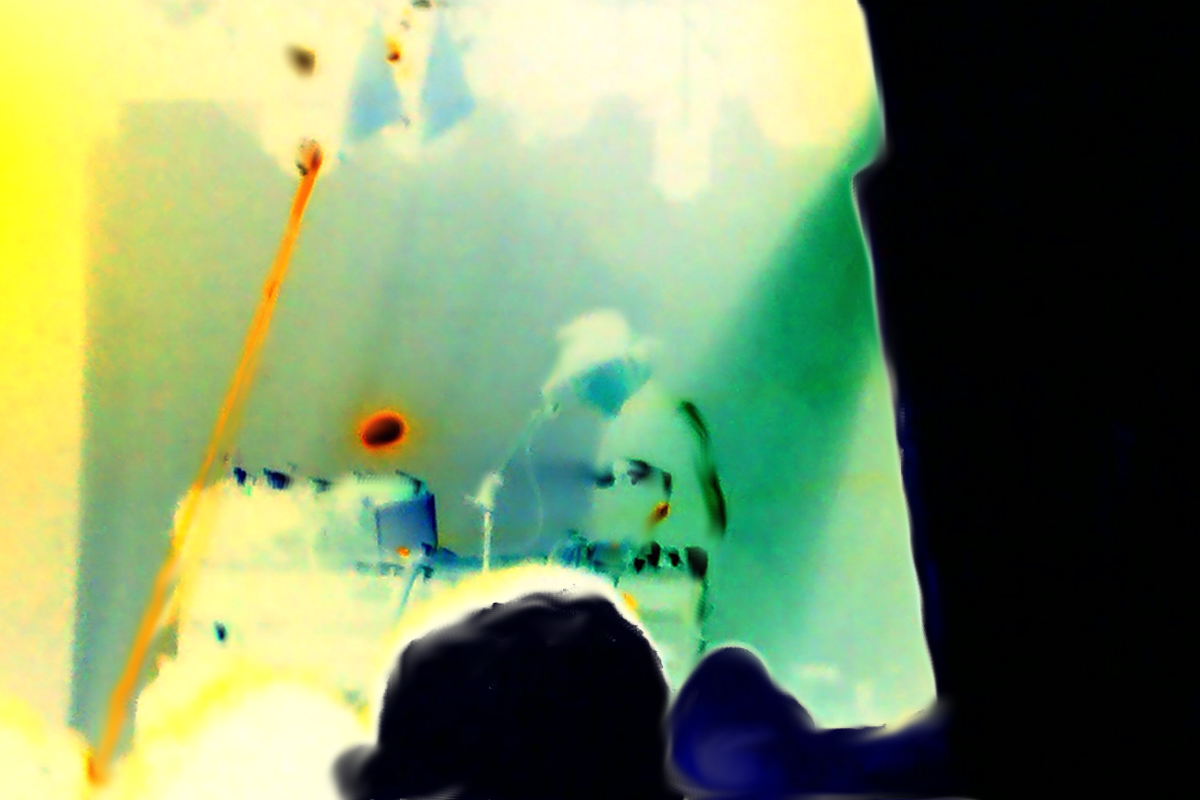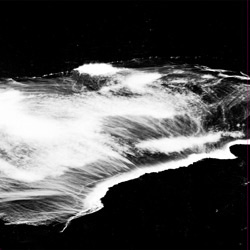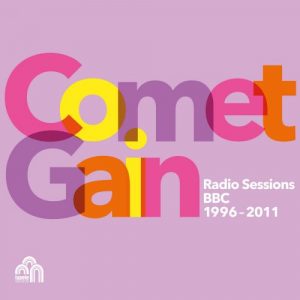 Tapete are developing an interesting roster of UK indie survivors with the likes of Pete Astor, The Monochrome Set, The Telescopes, Wreckless Eric, Amy Rigby and Comet Gain all finding an understanding home which seems to have provided them with a second or in some cases third wind in their careers.
Tapete are developing an interesting roster of UK indie survivors with the likes of Pete Astor, The Monochrome Set, The Telescopes, Wreckless Eric, Amy Rigby and Comet Gain all finding an understanding home which seems to have provided them with a second or in some cases third wind in their careers.
It is a disparate bunch of artists, but perhaps the wild card in the pack is Comet Gain. Main man David Christian has been releasing bits and pieces since 2019’s Fireraisers Forever, but now the admirable but shambolic London punk’n’soul, rock’n’roll band have not only had their BBC sessions reissued as part of Tapete’s ongoing campaign, but have also had their 1999 album Tigertown Pictures re-released for good measure and what entertaining listens both these albums are.
It is a little complicated keeping track of the line-ups for this band and certainly the Radio Sessions (BBC 1996-2011) album has four sets and possibly two or three different line-ups, but the first couple recorded for John Peel in 1996 contain the first iteration of the band before the split leading to the founding of Velocette. This line-up had less reliance on the songwriting of David Christian and the vision seemed more democratic.The first session only consists of three tracks, but contains great diversity with the opening excitable feedback-laced gambit of “Say Yes, Kaleidoscope Sound”. A tumultuous tempo, sneered vocals, scuffed guitar and a whiff of grunge. Quite the antithesis to the slow melancholy of “Stripped”, a bitter tale of solipsistic emptiness. Sarah Bleach‘s vocals are past caring, but the swathes of rushing guitar are followed up by an even sadder tale of a life beautifully set to Rhodes. Although over pretty quickly, it is a real taster of the reach of the original lineup.
The second session was only six months later and consolidates on the promise. There is a touch of Stereolab in the succinct uptempo strumathon “Strip Poker”, while the minute and a half hectic blast through Subway Sect‘s “Chainsmokin'” clears the air. There is a countrified swing to the drums on “Love And Hate On The Radio”, but the gem is the slow bass-led dream “I Can’t Believe” as its touch of dub and romantic melancholy are eventually submerged in wah-guitar. This line-up didn’t last much longer and by the time of the third session here, the group that recorded Tigertown Pictures was in place. Rachel Evans‘s vocals shared a cool element with Sarah’s and suited the melancholy in David’s “Emotion Pictures”. There seems to be more organ in this configuration, but the bass is dirtier and the drums more clattery. “Tighten Up” gets dragged kicking and screaming into a tortured guitar maelstrom, while “We Are All Rotten” must be a play on Johnny as the snotty snarl and stuttery guitar pandemonium is very 1977.Once again, the four tracks are diverse in the extreme; but from there, the next session is some fourteen years later and once again a rather different line-up. Here, David is very much in control, with the songs a little more in the motorik vein, but still veer all over the place. It also feels angrier, both in the drumming and in the female vocals.
More sounds are assimilated and it seems as though the songwriting has improved, with the playful nursery rhyme vocals of “Thee Ecstatic Library” rubbing shoulders with the skeletal, heartfelt despair of “After Midnite, After It’s All Gone Wrong”. The lines “After midnight / After it’s all gone wrong / Will you still love me? / Still sing my song?” are just an example of the worlds that he evokes and the sadness under the skippy rhythm.Radio Sessions (BBC 1996-2011) is a great selection of tracks and one that shows Comet Gain in pretty much all their lights. As a taster it is a great place to start but is also essential for fans.
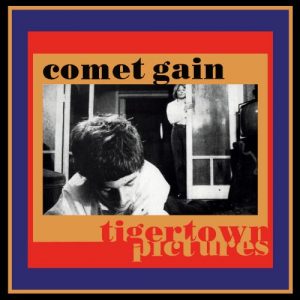 By the time Tigertown Pictures was originally released, most of the group had decamped to start Velocette, leaving the rhythm section of Kau Ishikawa and drummer Darren Smyth along with vocalist / pianist Rachel Evans to coalesce around principal songwriter and founder David Christian.
By the time Tigertown Pictures was originally released, most of the group had decamped to start Velocette, leaving the rhythm section of Kau Ishikawa and drummer Darren Smyth along with vocalist / pianist Rachel Evans to coalesce around principal songwriter and founder David Christian.
The rock’n’roll drums of “Deficient Love” belie the feeling that they have been hurt and are striking back, and although they may have one foot in the ’80s, there is the sense that in their own way, they were trying to update that post-C86 sound. This era was post-Britpop, when the UK indie scene lost some of its cohesion and those that survived were grafters, which is certainly the case here. “Germ of Youth / Ghosts Of Sulphate” has bassist Kau doing spoken word over the most leaden of guitars and the spaciest of keyboards, while the gothy psychosis of “Radar” tries to hold up the irrepressible ’60s beat pop soul of “Hate Soul”.
They run through such a wealth of emotions and with the different vocal interactions — sometimes gentle and heartfelt, others angry and a little bitter — they are always striving to put across their feelings. London seems to be a big part of the world that they have generated, cropping up as it does in a few of the tracks and I found the line about leaving with a suitcase of mix-tapes in “When You Come Back I’ll Feel Like Jesus Coming Off The Cross” particularly evocative. It takes a certain sort of band to conjure up a title like that, and it did make me think of the solipsistic world that Lawrence from Felt managed to produce. The bass is often the hidden gem, sympathetic when necessary or providing a Sarah-like backdrop, particularly on “Dreaming Of Tigertown”, and it leaves the guitar to chime prettily or gnash its teeth as the fearless voices surf or sink, sometimes buoyed by organ drone. David’s muse must have been running high as there are fourteen tracks here, all diverse and all demanding your attention in their way.Tigertown Pictures is a real grower, slightly shambolic, but always giving and a joy from start to finish. Long out of print, Tapete are doing the decent thing; so take advantage.
-Mr Olivetti-
